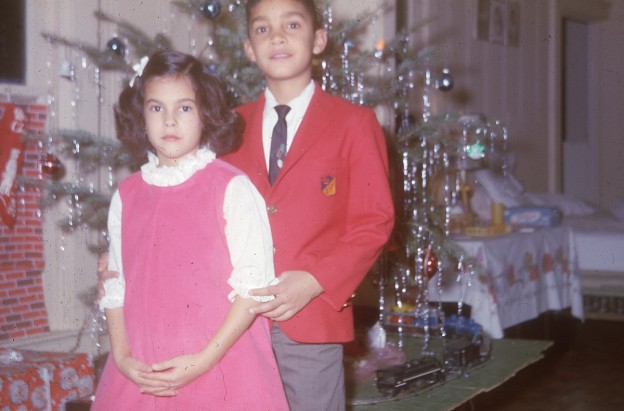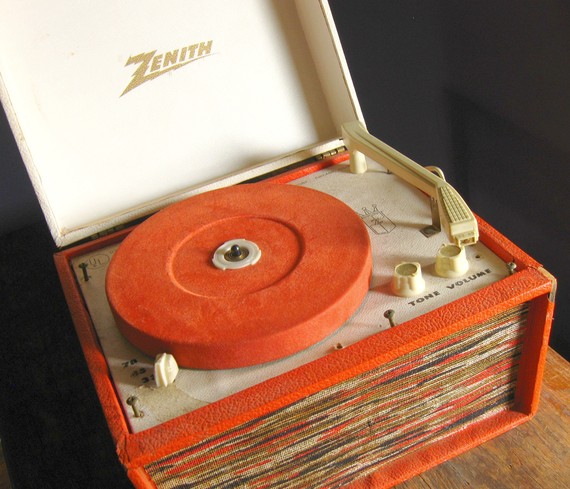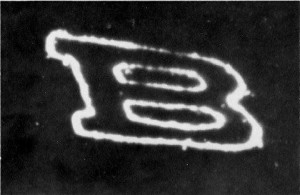Christmas shows during television’s Golden Age were different because the rules were a tad more stringent.
The National Association of Broadcasters developed the Code of Practices for
Television Broadcasters in 1951, defining ethical standards for television programming. Many of us remember seeing the Seal of Good Practice at the end of a show’s closing credits. Among those standards was that “(n)ews reporting should be factual, fair and without bias” and “should be telecast in a manner as to avoid panic and unnecessary alarm.” Ah, the good old days.
So Baby Boomers grew up with variety shows as television staples during the 1950s and 1960s. Every year we looked forward to those shows’ Christmas specials: Bing Crosby, Red Skelton, Danny Kaye, Jackie Gleason, Ed Sullivan, Carol Burnett, Dinah Shore, Andy Williams, with and without The Osmond Brothers, and the somewhat bland Perry Como. Bob Hope and the USO did an annual Christmas show with the troops in Vietnam until 1972. We all sat on the national couch in the Great American living room collectively enjoying the once-a-year rituals.
But there was one quirk that really made Christmas week special.
Many people are probably unaware of an unwritten rule: no one died on prime-time television programs during Christmas week. Dramatic shows relied on comic relief—often subtle, sometimes uncharacteristic—to meet that requirement. Combat!’s 1962 Christmas night episode, The Prisoner, featured Shecky Greene as a conniving soldier whose scamming gets him paired up with a bombastic colonel played by Keenan Wynn. That was a lot different from “Newborn King,” the 2011 NCIS Christmas episode during which Gibbs delivers a baby in the back seat of a car while ZIva wastes several bad guys in a shoot-out.
Many of the classic movies and Christmas specials from my childhood appear every year, sometimes ad nauseum, as when AMC runs “White Christmas” back-to-back to back. But there are a few that have faded into obscurity.
Amahl and the Night Visitors (1951-1966). Composed by Gian Carlo Menotti and inspired by Hieronymus Bosch’s painting Adoration of the Magi, this one-act opera is about a crippled shepherd boy and his mother whom the Three Wise Men visit on their way to Bethlehem. It was done live until 1963, the first time it was videotaped, much to Menotti’s consternation.
Mr. Magoo’s Christmas Carol (1962). The well-known voices of Jim Backus,
Morey Amsterdam, Jack Cassidy, Paul Frees and others came together in this animated, musical version of Dicken’s story. “All Alone in the World” is the plaintive song young Ebenezer Scrooge sings when the Ghost of Christmas Past takes old Scrooge down memory lane.
Twilight Zone: Night of the Meek (December 23, 1960). Art Carney is a department store Santa fired on Christmas Eve. He finds a bag in the street with a seemingly endless supply of gifts which he gives to the needy kids, and finds redemption. The 1985 Twilight Zone remake with Richard Mulligan and William “Richard Thornburg” Atherton just wasn’t the same.
The Story of Christmas: Tennessee Ernie Ford and the Roger Wagner Chorale (1963). I described this in my last post. Tennessee Ernie Ford Enterprises finally released it on DVD in 2006. Here’s “What Child Is This,” the beginning of the Christmas Gospel according to Luke.
A Charlie Brown Christmas (1965). I was fortunate enough to see this debut, before advertisers chopped it up into the little pieces we see now. If watching Linus explain the meaning of Christmas doesn’t choke you up, I have a load of Kingsford for your stocking.
Rich Little’s Christmas Carol (1978). Rich Little did a one-man version,
impersonating famous people for the cast: W.C. Fields as Scrooge; Paul Lynde as Bob Cratchit; Richard Nixon as Jacob Marley; Truman Capote as Tiny Tim, and many others. My favorite lines:
Marley/Nixon: Don’t you believe me???
Scrooge/W.C. Fields: No. And neither did anyone else.
The Littlest Angel (1969): I mention this one only because of the sick feeling I got watching Johnny Whitaker (Jody Patterson-Davis on Family Affair), plunge off a cliff to his death. I read the book to my kids, a much more pleasant experience.
I’d like to know if anyone else remembers seasonal and/or regional favorites growing up.



